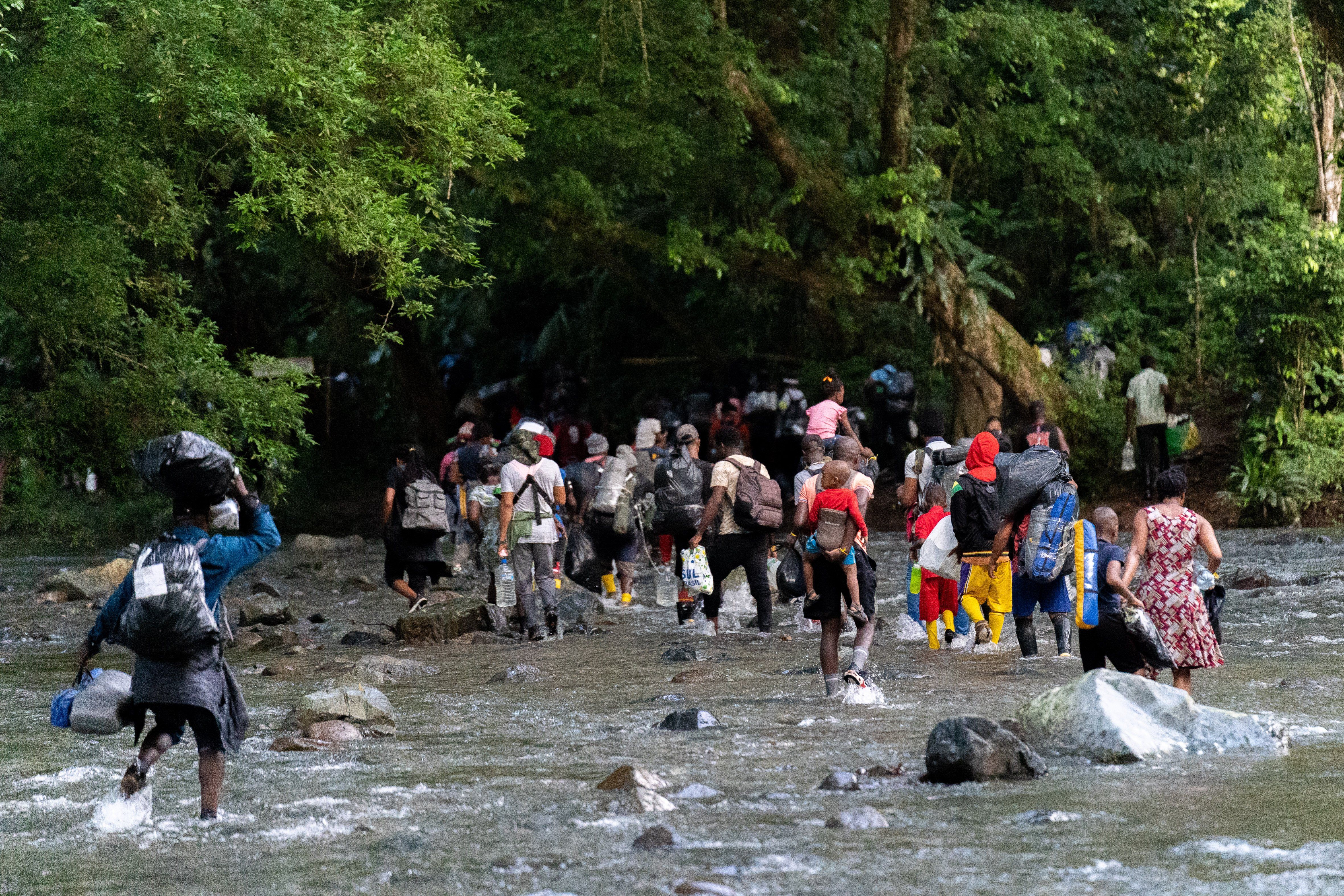Newly inaugurated Panamanian President José Raúl Mulinopledged this week to stop illegal migration through the Darién Gap, a harrowing swath of jungle along his country’s border with Colombia.
Last year, more than half a million people crossed the Darién headed northward through Central America to the US southern border.
Until now, Panama has used a “Controlled Flow” strategy, helping migrants pass through rather than allowing them to linger in the country. Mulino now wants to stop the flow altogether as part of a new agreement with the US, which will pay to send home migrants caught in the Darién.
The White House, of course, is desperate to limit migration flows – the southern border crisis is one of President Joe Biden’s biggest liabilities as he seeks reelection this fall.
But experts are skeptical of the new approach. “It’s not as easy as ‘let’s control a couple of migration routes,’” says Diego Chaves-González, an expert at the Migration Policy Institute in Washington. The Colombian side of the border is controlled by powerful drug cartels; on the Panamanian side, Indigenous groups hold sway.
Trying to shut down known routes, he says, would simply drive migrants and traffickers to create alternative, more clandestine ones. The result would be a game of whack-a-mole that wrecks the “controlled flow” strategy and could lead to more migrants staying in Panama – precisely the opposite of what Mulino wants.
